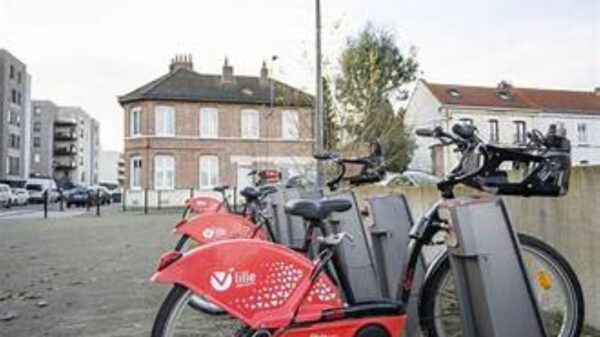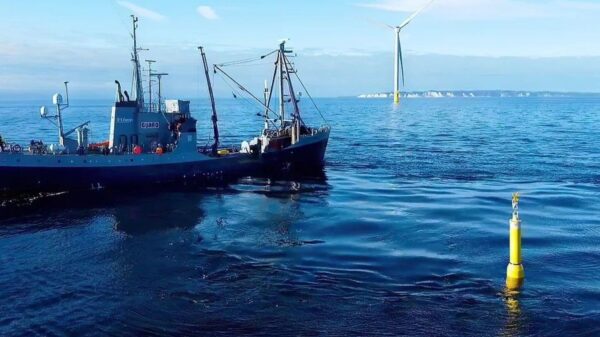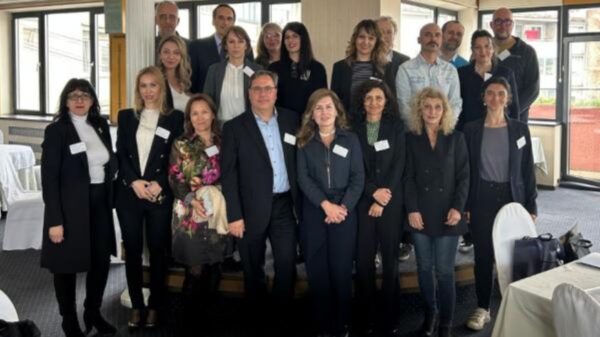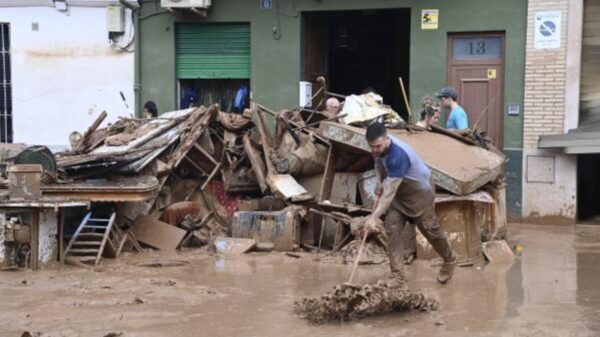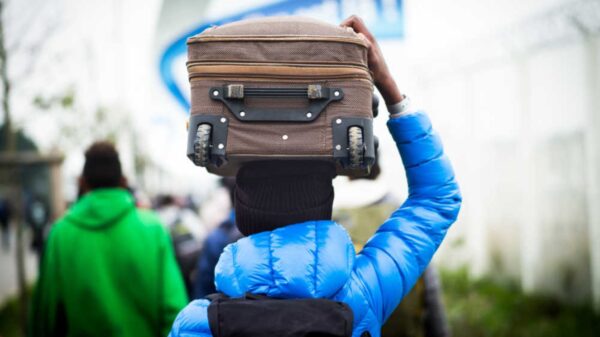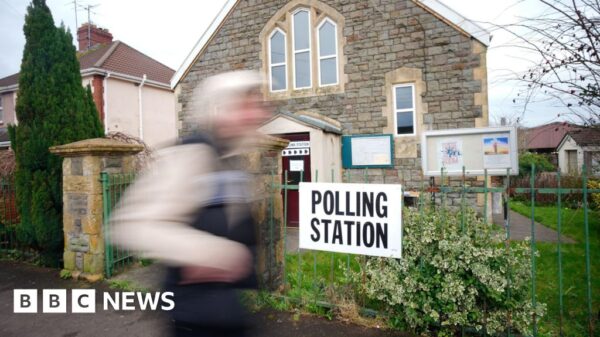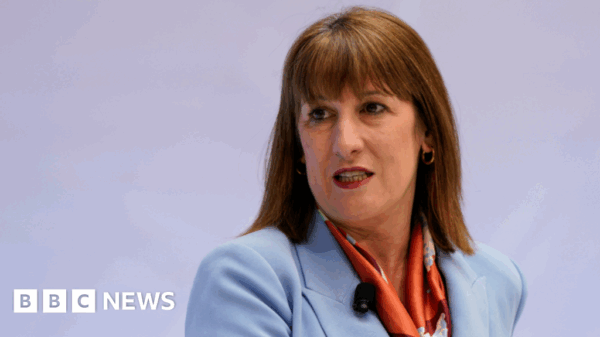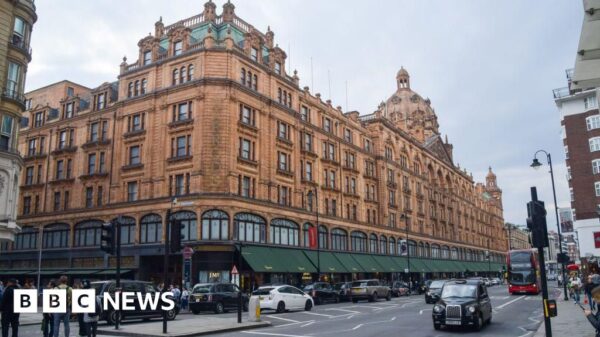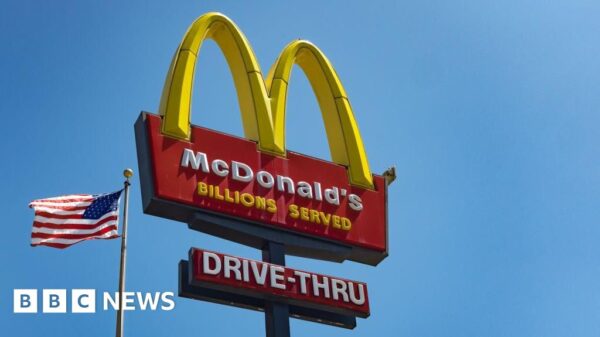BBC News
Reporting fromJerusalem
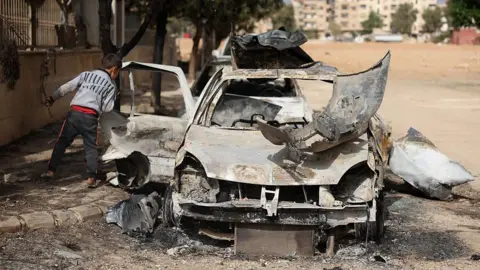 AFP
AFPDeadly clashes between Islamist armed factions, security forces and fighters from the Druze religious minority near Damascus are another sign of the continuing fragility of the security situation in Syria after the overthrow of Bashar al-Assad.
Outside players have once again been involved, with Israel saying it carried out air strikes to protect Druze civilians.
It marks another fault-line in Syria, which has been left fractured and divided in the wake of 13 years of devastating civil war and decades of authoritarian rule by the Assad dynasty.
The new Syrian authorities have said they are determined to bring unity and stability, but many inside and outside the country still point to their roots in jihadism and remain suspicious of their agenda.
Before President Assad was toppled, his rule had been re-established in the main cities in Syria and along the highways between them – as well as the coastal heartland of the Alawite sect to which his family belongs.
But there were other regions partially or almost completely out of his control.
They included Idlib in the north, from where Syria’s current leader Ahmed al-Sharaa led his Islamist rebel faction Hayat Tahrir al-Sham (HTS) – a former al-Qaeda affiliate – to victory last December.
In the north-east, Syrian Kurdish forces maintained semi-autonomy throughout the civil war and beyond.
And south of Damascus, the Druze have also had some limited autonomy.
Those divisions remain, although the Alawite areas are now the most serious flashpoints for Syria’s new rulers.
In March, days of fighting between security forces and fighters still loyal to Assad left hundreds of people dead, including civilians. Other armed factions loosely affiliated to the new authorities also became involved and carried out revenge killings against local Alawites.
Such violence is the biggest fear both for those who support Sharaa and those who are against him.

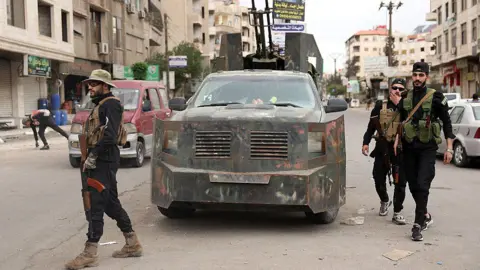 AFP
AFPThe latest clashes to the south of Damascus again involved fighters from several of the armed factions still active in Syria and the Druze. Their religion is an offshoot of Islam, with sizeable communities not only in Syria, but in Lebanon, Jordan and Israel too.
It is the connection with Israel that prompted the country’s air force to carry out several strikes during fighting in and around the town of Ashrafiyat Sahnaya on Wednesday.
The Israeli government said the operation was a warning and demanded that the Syrian authorities prevent harm to the Druze.
Syrian authorities said security forces were deployed to Ashrafiyat Sahnaya to restore security and stability, accusing what it called “outlaw groups” based there of instigating the clashes.
But the spiritual leader of Syria’s Druze community, Sheikh Hikmat al-Hijri, condemned the violence as an “unjustifiable genocidal campaign” and said people had been defending their homes from attacks by extremists.
According to the Syrian Observatory for Human Rights, at least 101 people have been killed this week in Ashrafiyat Sahnaya, the mainly Druze suburb of Jaramana, and the southern province of Suweida, which has a Druze majority.
The UK-based monitoring group said that included 71 members of the Druze community, including 10 civilians and 35 gunmen who were shot dead in an “ambush” while travelling from Suweida to Damascus on Wednesday, as well as 30 members of the security forces and allied armed groups.

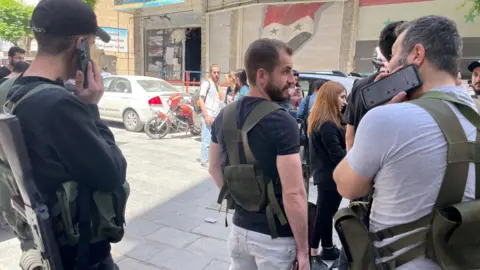 Reuters
ReutersFor now at least, the violence has abated, with the government said to have agreed ceasefires with local Druze leaders.
But the suddenness and ferocity with which the clashes erupted – prompted it seems by an audio recording circulating on social media of a man insulting the Prophet Muhammad, falsely attributed to a Druze cleric – shows the potential for Syria to slide back into conflict.
There is mutual suspicion between the new Islamist-led authorities and religious minorities like the Alawites and the Druze.
It is a combustible mixture, which is only further inflamed by the role that outside countries like Israel and Turkey continue to play. Both have advanced their interests inside Syria since the fall of Assad.
Israel has seized more land in the south of Syria beyond the area of the Golan Heights that it has long occupied.
Israeli Prime Minister Benjamin Netanyahu has called for the full demilitarisation of Suweida and two other provinces south of Damascus. He says the new Syrian government is extremist and that the presence of its security forces anywhere near the border would represent a threat to Israel.
Israel has played up its connection with the Druze community in the region, presenting itself as their defender, even if many Syrian Druze themselves do not see it that way.
The new authorities in Damascus have rejected Israel’s moves as an infringement of Syria’s sovereignty, although they have been keen to make clear that they are not seeking conflict with Israel.

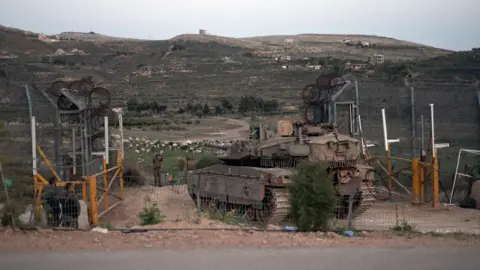 EPA
EPATurkey was the key sponsor of the rebel forces that finally ousted Assad and it has established close ties with the country’s new leadership. Turkish President Recep Tayyip Erdogan has denounced Israel’s latest military intervention in Syria as a “dangerous and unacceptable provocation”.
Tension between Turkey and Israel over their differing aims in the new Syria add another complication to the host of problems facing Sharaa and his government.
With so many forces both inside and outside Syria still dangerously at odds with one another, the goal of unifying and stabilising the country – despite some successes so far – remains hugely challenging.
Syria will need plenty of breathing space as well as financial and political support from the international community to make real progress towards a better future for its citizens, impoverished and uprooted by years of bitter conflict.

